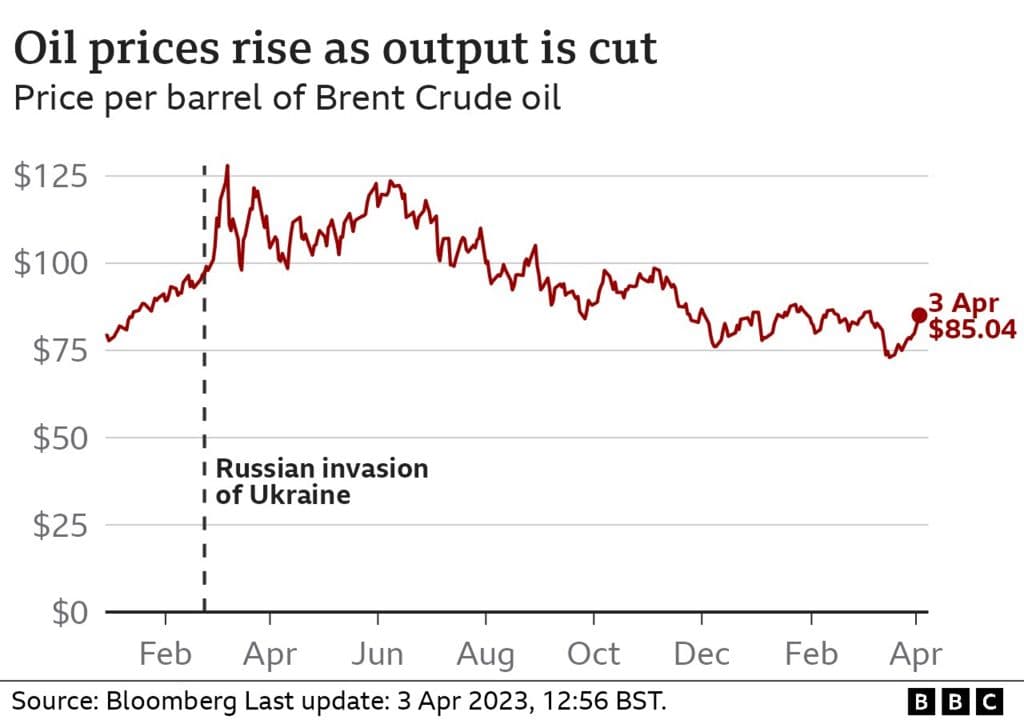UK to End Low Value Import Tariff Exemption, Raising £500 Million
The Treasury announced plans to scrap the long standing exemption that lets consumers import single items under £135 without paying tariffs, a move intended to raise about £500 million a year and narrow what retailers call an unfair advantage for overseas online sellers. The change will be included in the November 26 budget, followed by a consultation on customs arrangements, and the government says any effect on consumer prices will be modest.

Britain’s finance ministry said today that Chancellor Rachel Reeves will remove the exemption that has allowed single items valued below £135 to enter the country free of import tariffs. The policy change is scheduled for announcement in the November 26 budget and is expected to increase annual customs receipts by roughly £500 million a year, about $655 million.
Officials framed the measure as both a revenue raising step and an effort to level the playing field for domestic retailers who have argued that the exemption gave overseas sellers an enduring price advantage. Retail groups lobbied strongly for the reform, saying it would correct a distortion in competition that has helped low priced imports capture market share from UK shops and marketplaces.
The government said a consultation on customs arrangements will follow the budget, reflecting the operational work needed to implement the change. That consultation will be closely watched by logistics firms, parcel operators and small businesses that import consumer goods, because administrative design will determine compliance costs and how quickly duties can be collected.
The revenue figure is modest by the scale of public finances, but politically and economically significant. At about £500 million a year the measure will provide a small but steady boost to receipts for Chancellor Reeves as she finalises spending plans. It also signals the administration’s willingness to squeeze supply side loopholes that privileged online imports while acknowledging the need to balance enforcement feasibility and consumer impact.
The Treasury has said any impact on retail prices will be modest, but the extent of price effects will depend on how duties are applied and whether online sellers absorb costs to remain competitive. For consumers who regularly buy low priced goods from international marketplaces the change could translate into a small increase in the landed cost of purchases. For domestic retailers the move should reduce a key source of price undercutting and could support margins or investment in storefronts and online operations.
Implementation risks include administrative complexity at the border and potential short term frictions for couriers and sellers. The consultation on customs arrangements will be the forum to sort matters such as liability for duties, collection mechanisms and thresholds. How those technical choices are made will influence the net fiscal gain once compliance costs are factored in.
Longer term the measure fits into a broader global pattern of governments reasserting rules on cross border ecommerce as online trade grows. By shifting the tax treatment of low value parcels, the government aims to both shore up public finances and rewrite incentives in retail markets, while trying to avoid adding materially to inflationary pressures just as the economy adjusts to higher interest rates and wider fiscal priorities.

